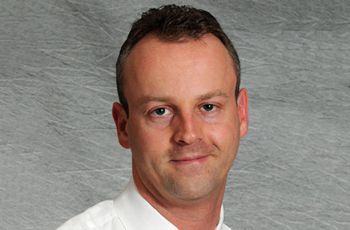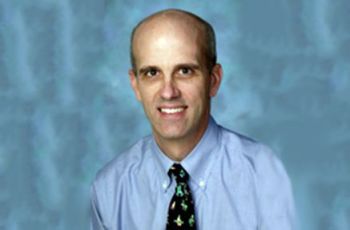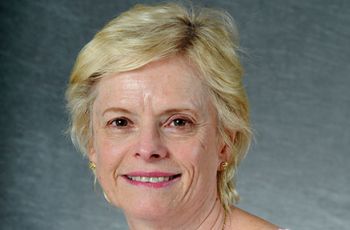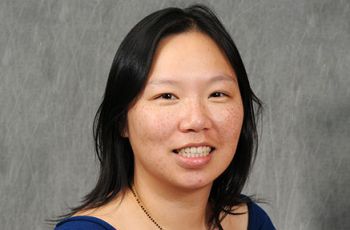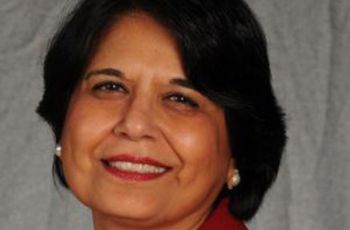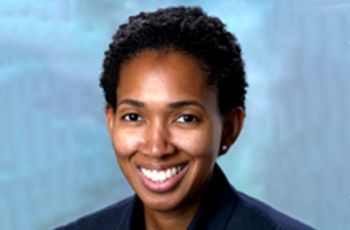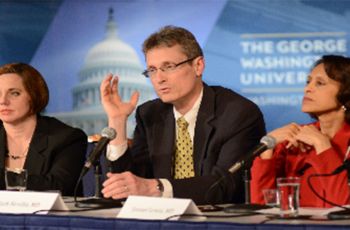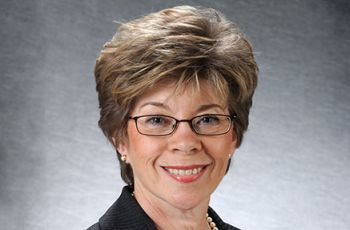News Archive
Michael Irwig, M.D., assistant professor of medicine, was featured in The Toronto Star for his extensive research on the negative effects of the drug Finasteride, also known as Propecia.
In collaboration with the American Cancer Society and the Centers for Disease Control and Prevention, the George Washington University Cancer Institute is launching the Cancer Survivorship E-Learning Series for Primary Care Providers on April 15, 2013.
The George Washington University Hospital has been moving medicine forward for the benefit of the region and beyond since 1825.
Stephen Teach, M.D., professor of pediatrics, spoke with the Arizona Daily Star about potential health hazards at home and how to keep children safe.
In an op-ed published in The Washington Times, Patricia Berg, Ph.D., professor of biochemistry and molecular medicine, and her co-author Robert Weiner, former spokesman for the White House Office of National Drug Control Policy and chief of staff of the House Permanent Select Committee on Aging…
Research by Yiju Teresa Liu, M.D., assistant professor of emergency medicine, and Kathleen Calabrese, M.D., adjunct instructor of emergency medicine, was recently featured by Medscape Medical News.
Paramjit Joshi, M.D., professor of psychiatry and behavioral sciences, was interviewed by ABC News on the monumental benefits of training teachers and others to help identify signs of mental illness in students, leading to earlier diagnosis.
Ivor Horn, M.D., M.P.H., associate professor of pediatrics, was quoted by Healthcare IT News from a presentation she gave on ways minority populations can benefit from health IT.
Friends of the George Washington (GW) University gathered at the Jack Morton Auditorium for a discussion about women’s heart health led by a panel of experts from the GW School of Medicine and Health Sciences (SMHS) and the GW Medical Faculty Associates (MFA).
Mary Corcoran, Ph.D., associate dean of faculty development for health sciences, was interviewed by The Washington Post about techniques for communicating and meeting the emotional needs of those with cognitive impairment, such as dementia or Alzheimer's disease.
